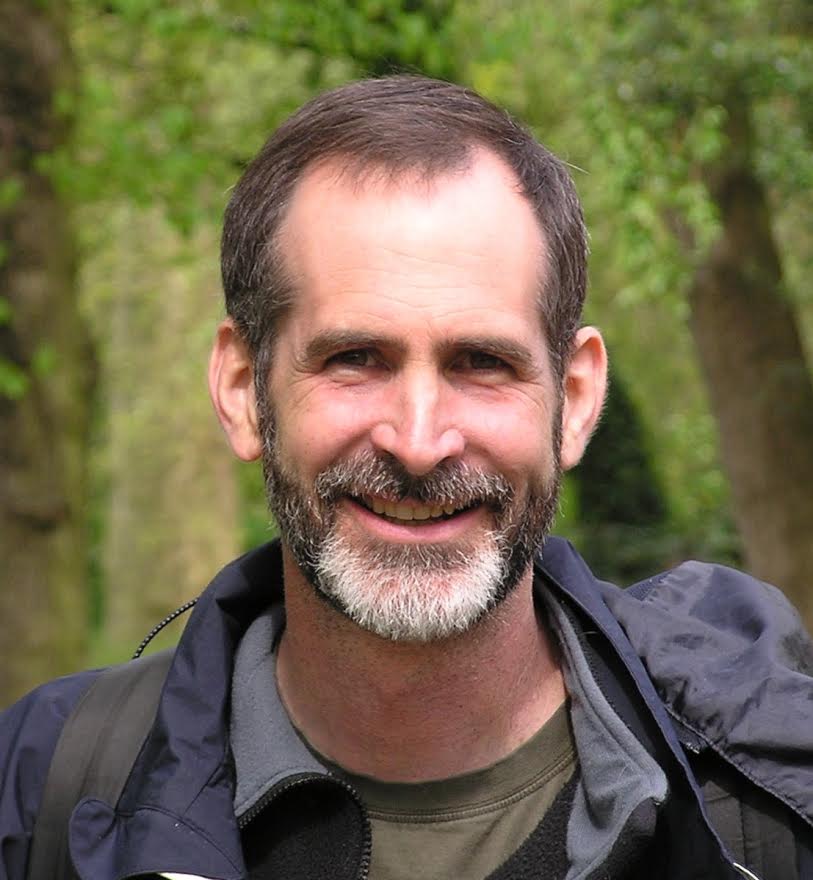Dr. Joel Parker is Associate Professor of Biological Sciences at SUNY Plattsburgh, where he has incorporated Wikipedia into his Cell Biology courses. In November we featured some of the great work his students did in our Cell Service roundup. In this post, he explains how assigning students to contribute to Wikipedia brings them through the process of discovery.

Assigning students to write for Wikipedia achieves the highest outcome of higher education by teaching your students the full process of discovery. This lesson is especially important today as higher education is being debased with lower learning outcomes that overemphasize the practical training of our students for the workplace. What makes higher education “higher” is the opportunity for students to work with scholars to learn how to advance both our own knowledge and knowledge within our scholarly disciplines. Writing for Wikipedia can facilitate the transition from passive learner to active discoverer for your senior students. I make this happen for my senior level Cell Biology class with a writing for Wikipedia assignment that requires my students to go through all of the stages of the academic discovery process.
Discovery is the general common objective that defines higher education. This discovery process happens at three levels at universities. The first level of discovery is students discovering for themselves previously learned knowledge about the world. This is mastering the material and background knowledge that one expects of a degree holder. The next level is students and academics working together to discover truths about how the universe works. It involves noticing a gap or flaw in our current knowledge, then imagining and proving a solution. Finally, and no less important, the third level is a personal version of the second: effectively contributing the answer to the discipline and the world by communicating the discovery. This personal discovery is the transformation required by our students to gain the confidence to transition from just being beneficiaries of knowledge, to becoming propagators and contributors of new knowledge. This third level is especially important to higher education as the teens and early twenties are perhaps the most formative years when our adult personalities and sense of selves are formed.
In my senior level cell biology class I have my students do each step of the discovery process in a Wikipedia writing assignment. The first step begins when I assign my students to search for and critique an existing cell biology Wikipedia article. This means finding mistakes, missing sections, and places where they can improve the article. The next step is actually doing the fixes and creating new content to fill the voids. This technical side includes writing in the encyclopedic style, communicating science at the correct level, and can even include graphic design when figures are called for. The final step is publicly publishing the article in the correct format and style, then dealing with the judgments, suggestions and edits from the rest of the community. I constantly remind my students throughout the assignment that the overriding goal and assessment criteria is their contribution through improving the articles. It is not sufficient to just write the minimum number of sentences and put in some number of new citations. The changes must improve the article and the citations have to be citations that others will genuinely find helpful or else they do not count. All academics will instantly recognize this outlined process as exactly what we do in our own intellectual work from identifying a question, answering the question, and publishing the solution with peer review. The goal, and the measurable outcome for the students that put in the effort, are articles significantly improved in some way.
With writing for Wikipedia, my students have the opportunity to experience the personal transition from being beneficiaries of their most used and appreciated reference source, to becoming contributors to that source. The objective is for them to become confident enough to see themselves as experts with the ability to contribute and improve the world with what they have learned from their university education. They experience this directly because their work is not just about their grade, but also clearly beneficial to future students like themselves who will be using the edited pages. Thus the assignment forces a maturing change in perspective. Even the most incremental of improvements means the world is different and better thanks to the application of their education to the world’s largest and most used encyclopedia.
Facilitating and advancing discovery is what defines higher education. Wikipedia writing assignments are the one of the best ways to teach, and to remind ourselves, of that primary learning outcome.
If you’d like to learn more about how to incorporate Wikipedia into your course, visit teach.wikiedu.org or send us an email at contact@wikiedu.org.
Photo: Dr. Joel Parker.jpg, by Joel Parker, CC BY-SA 4.0, via Wikimedia Commons.
